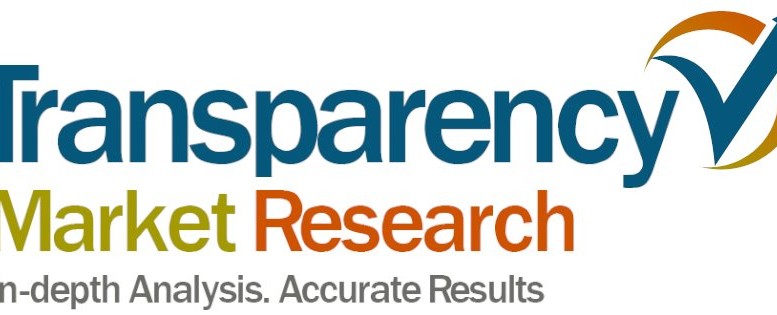With intense rivalry between Pfizer Inc., Bayer AG, GlaxoSmithKline Plc, Merck & Co., and Astra Zeneca Plc, the global hospital infection therapeutics market has been demonstrating a high degree of competition, finds a report by Transparency Market Research (TMR). Hitherto, these companies relied upon the introduction of new and improved therapeutic drugs in a bid to sustain. However, in the long run, they will need to look more closely at exploring mergers, acquisitions, and strategic partnerships to create new possibilities in order to expand further.
The report projects the global market for hospital infection therapeutics to attain an opportunity worth US$3.6 bn by 2020, rising from US$3.0 bn in 2013 at a CAGR of 3.10% during the period from 2014 to 2020.
Download Report Brochure PDF With Detailed Information:http://www.transparencymarketresearch.com/sample/sample.php?flag=B&rep_id=1280
Need to Reduce Production Cost for Competitive Reasons Fuels Market Growth
A TMR analyst points out, “The ever-increasing demand for quality healthcare is one of the key factors driving the growth of the global medical devices outsourcing market.” At present, the increasing prevalence of chronic diseases is leading to a rising demand for early disease detection for improved disease management. The quality of healthcare delivered depends on the quality of diagnostic devices. This is forcing device manufacturers to outsource product development to specialized third-party product manufacturers to stay ahead in the competitive healthcare industry.
Product outsourcing helps reduce production cost by 10-15% thus allowing companies to survive competition, which is another major factor driving the global medical devices outsourcing market. Today, almost all medical devices are integrated with IT solutions for operational purposes. For example, software for patient monitoring devices that was initially developed in-house is now outsourced to domain experts such as HCL, Persistent Systems, Wipro, and Amdocs.
Outsourcing of product manufacture and services help maximize revenue by means of reducing time-to-market, which is another key factor driving the growth of the global medical devices outsourcing market. This is because a significant amount of time is spent receiving approvals from statutory bodies in the manufacture of medical devices. This time can be reduced by leveraging outsourcing service providers such as Oracle, SAP, Infosys, and Patni that offer process control services for acquiring approvals from statutory bodies. Moreover, the expertise of these providers in developing the relevant application software reduces overall time of production.
Demand for Quality Certifications of Leading Companies Presents Opportunities for Local Service Providers in Asia
“Increasing shift towards quality certifications among Asian service providers and medical device manufacturers is opening growth opportunities for top companies in the global medical devices outsourcing market,” says a TMR analyst. The growing demand for medical devices in the Asian region is attracting top-notch players such as Johnson &Johnson and Boston Scientific to this region. To leverage this, an increasing number of local device manufacturers and service providers are streamlining their processes as per the ISO and requirements of other standardization organizations to attract global players.
Browse Full Report@ http://www.transparencymarketresearch.com/hospital-infection-therapeutics.html

